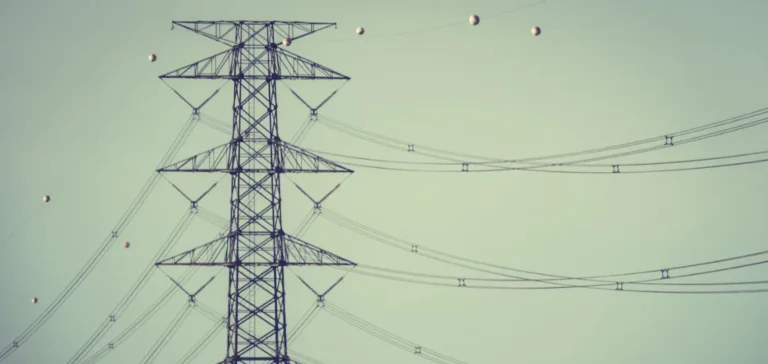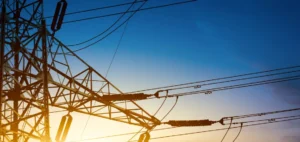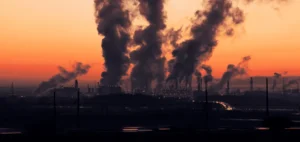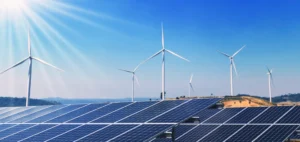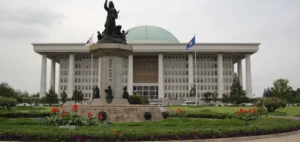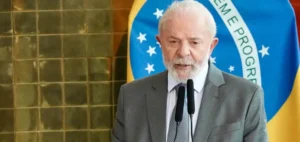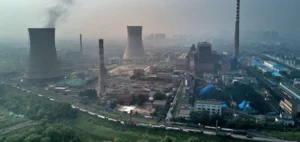France’s retail energy market is regaining stability following the major disruptions of the 2022–2023 energy crisis. In its report covering 2023 and 2024, the Commission de régulation de l’énergie (CRE) highlights the impact of public protection mechanisms and the progressive recovery of competition across both residential and non-residential segments.
Massive offsetting of tariff increases during the crisis
Publicly funded protection measures helped limit the rise in the energy component of electricity and gas bills. Managed by the CRE, tariff shields and support mechanisms mobilised EUR26.1bn ($28.2bn), benefiting over 30 mn households for electricity and 6.1 mn for gas, along with 2 mn non-residential consumers. These tools resulted in an average 40 % reduction in electricity charges and 28 % in natural gas bills in the first half of 2023.
The decline in wholesale prices observed from the second half of 2023 led to the withdrawal of the gas tariff shield. For electricity, price reductions first appeared in market-based offers in 2024, before gradually extending to regulated tariffs due to a two-year smoothing mechanism applied to procurement costs.
Competition recovery and offer diversification
After a sharp drop in 2022, when the number of available offers was significantly reduced, the retail market regained momentum. By the end of 2024, residential consumers had access to 70 electricity and 40 gas offers. These now include more advanced features such as time-of-use flexibility, self-consumption options and tariffs tailored to electric vehicle charging.
Despite renewed competition, many consumers remained loyal to incumbent suppliers, with alternative providers holding around 30 % of the electricity market share at the end of 2024, down from 34 % in 2021. In the gas segment, alternative providers reached a 46 % share, driven by high demand for offers indexed to the benchmark price.
Changes in usage and rise of self-consumption
Consumption habits shifted during the crisis, with increased interest in flexible offers. By the end of 2024, 2.2 mn households had adopted advanced signal-based pricing options, compared to 900,000 in 2020. In parallel, Enedis reported 650,000 households generating their own electricity — nearly triple the number seen two years earlier.
The CRE also noted a shift in consumer behaviour, with users becoming more proactive in managing their energy use. This evolution has been supported by the growth of digital tools and bundled offers including additional services.
Regulatory framework strengthened through targeted sanctions
To restore trust damaged by certain commercial practices during the crisis, the CRE launched several structural initiatives. Three suppliers were sanctioned in 2024 and 2025 by the Commission’s Dispute Settlement and Sanctions Committee (CoRDiS), amounting to a total of EUR12.5mn ($13.5mn).
The regulatory framework is evolving with the introduction of guidelines effective since October 2024, covering 99 % of French households, and the development of a prudential framework inspired by an upcoming European directive. A system to monitor offer consistency has been in place since early 2025, with initial findings expected to be published in 2026.


